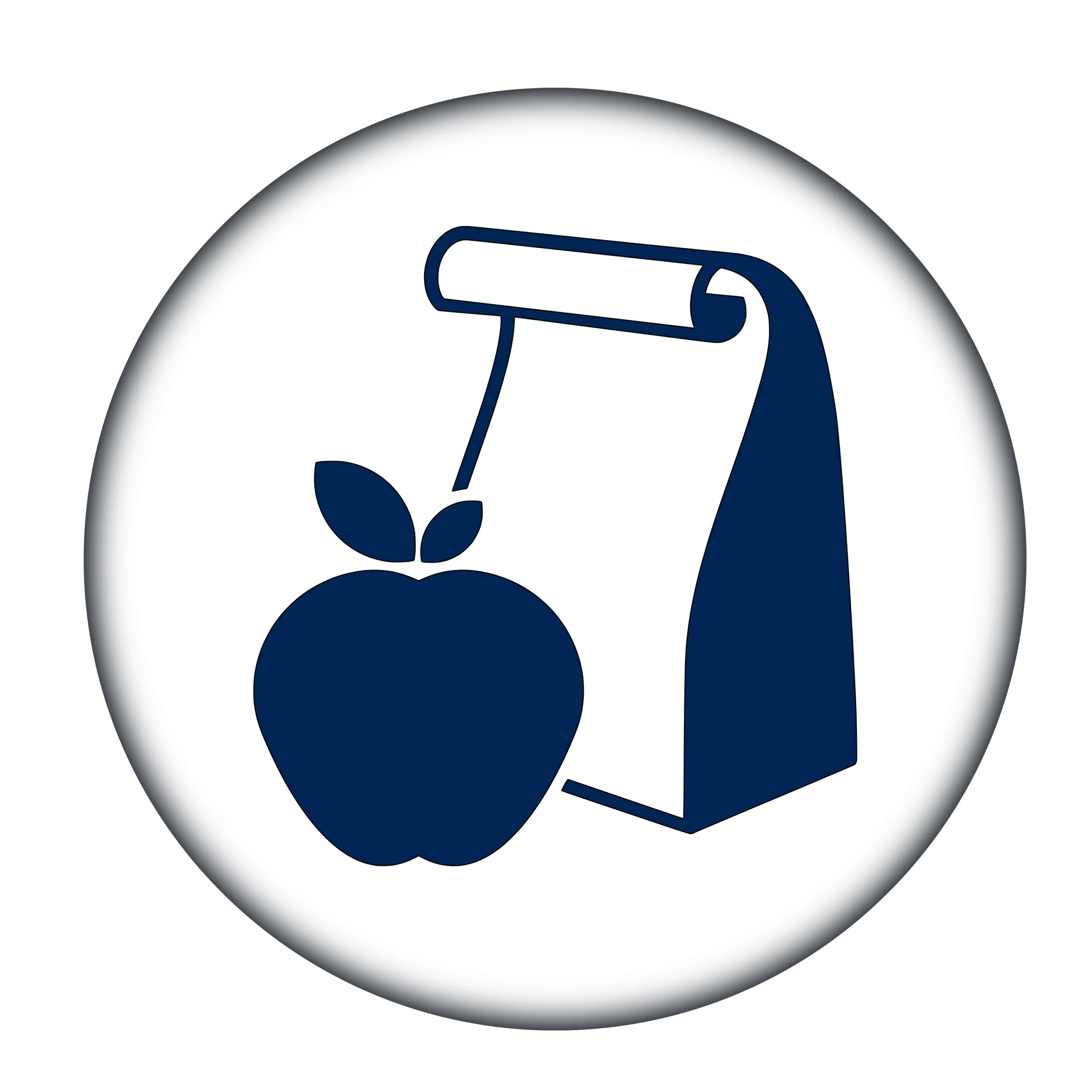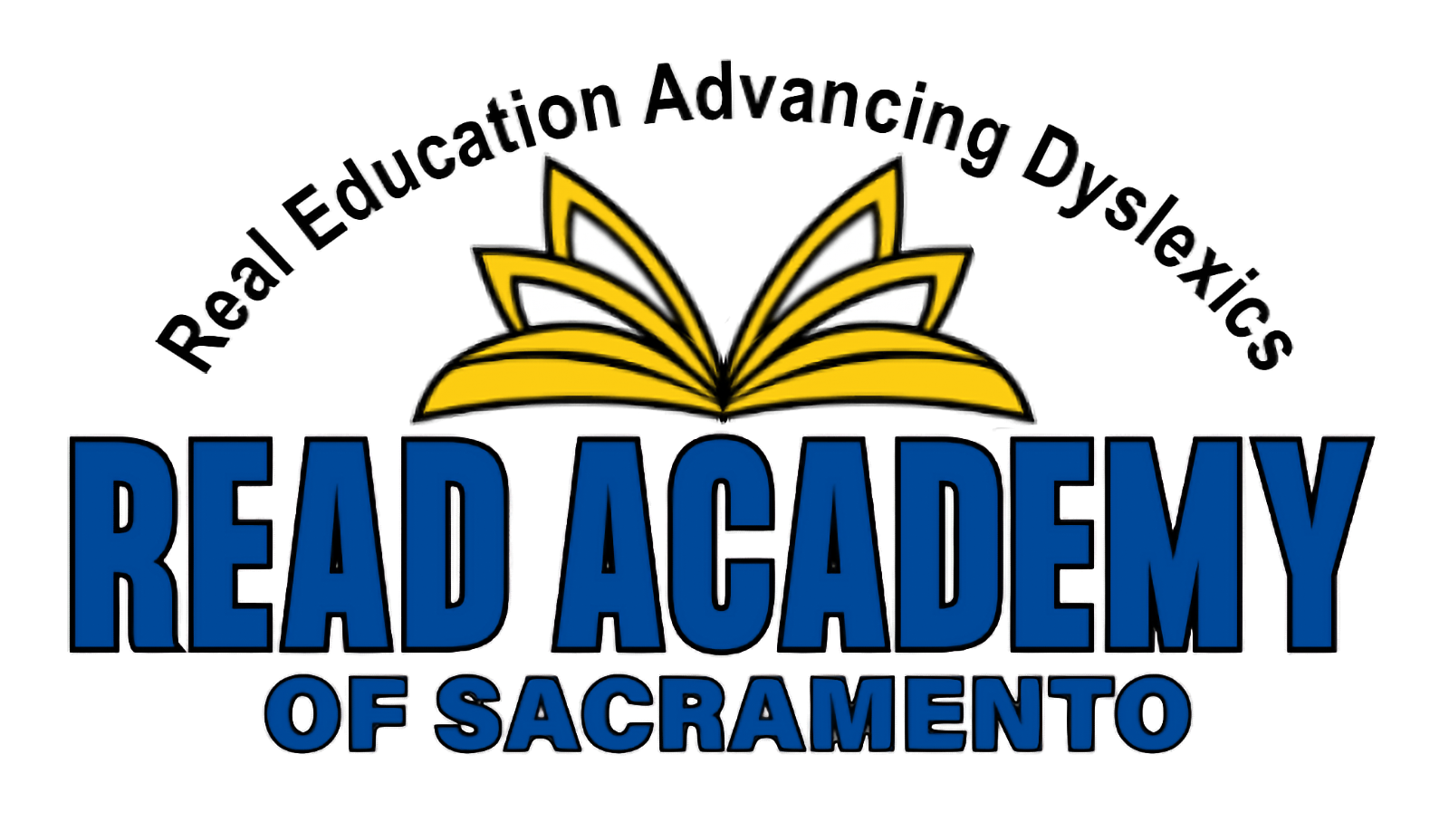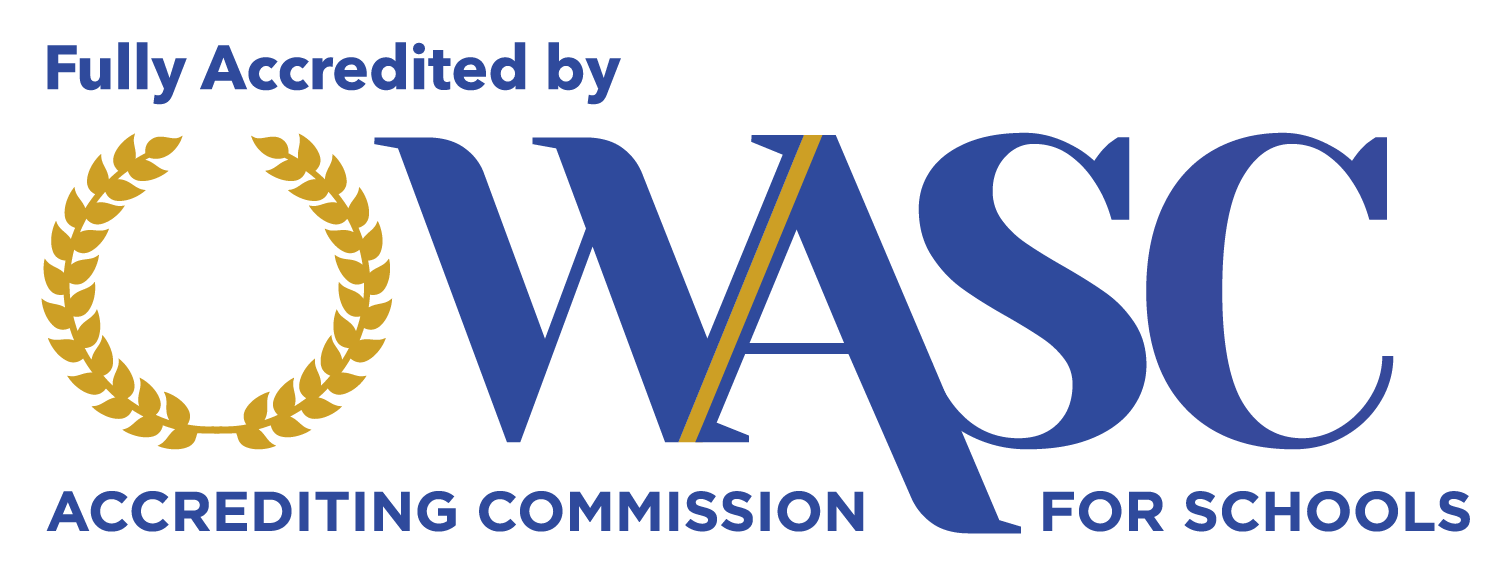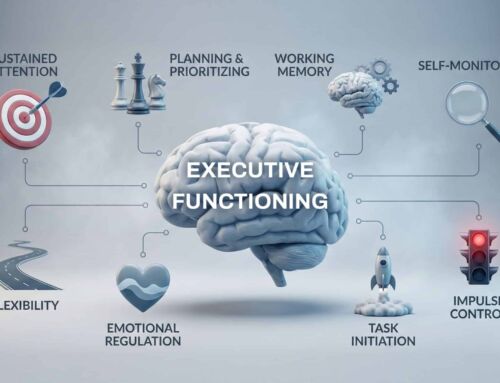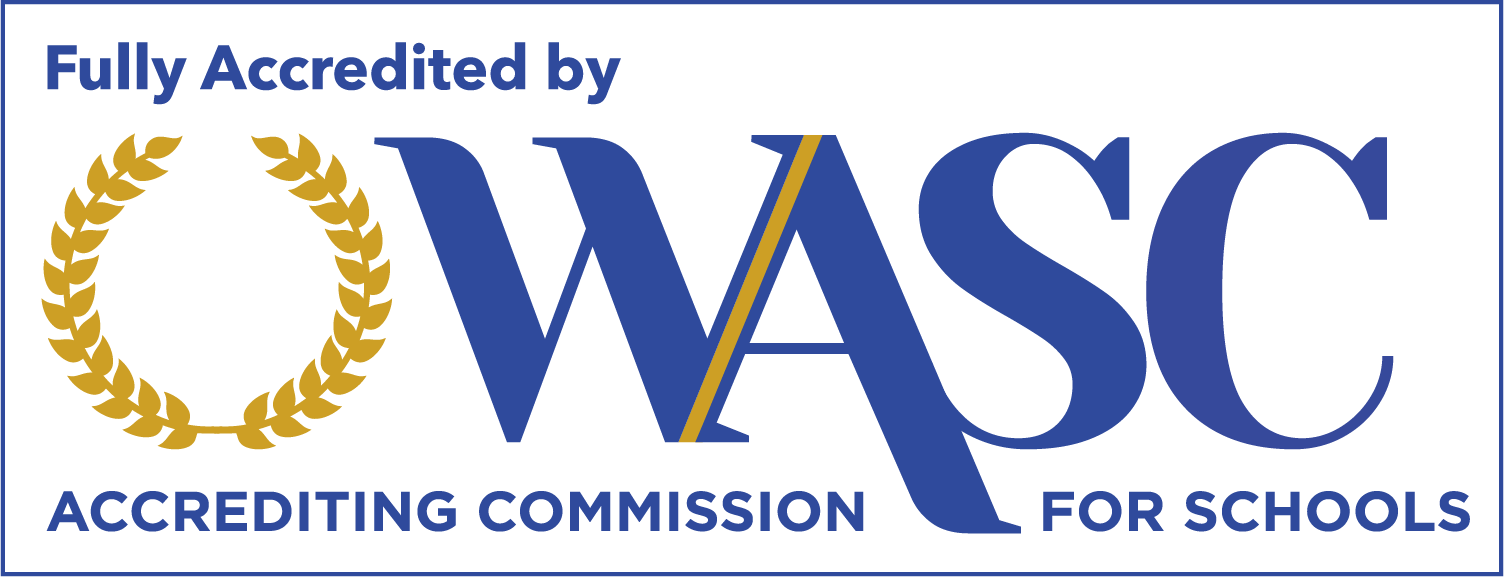Sacramento Dyslexia Intervention: A Parent’s Guide to Assessments & Finding Help Near You
“Something Isn’t Clicking” – Recognizing the Early Signs
For many Sacramento parents, the journey with dyslexia begins with a gut feeling: your bright child struggles unusually with reading or spelling. It might start with subtle signs at school—frustration during homework, poor spelling tests, or difficulty following written instructions. At home, your child might avoid reading altogether, show declining self-esteem, or express anxiety about school. Recognizing these early signs of dyslexia is crucial because early intervention can dramatically improve your child’s educational journey.
Struggles with Basic Reading Skills
Children with dyslexia often find it challenging to master foundational reading skills, such as recognizing letters, blending sounds into words, and accurately reading simple words or short sentences. This difficulty may persist even after repeated practice and instruction, causing them to fall behind their peers. They might also struggle with decoding new words and have difficulty understanding simple text, which can impact their overall comprehension and ability to engage meaningfully in classroom discussions.
Difficulty with Spelling and Writing
Dyslexic students commonly experience consistent struggles with spelling and written tasks, including:
- Frequent spelling errors, even with familiar or previously learned words.
- Difficulty completing writing assignments, which can be daunting and stressful.
- Letter confusion or omission, further complicating the writing process.
- Handwriting that may be irregular or difficult to read, making written tasks even more challenging. These difficulties compound their struggles, often causing frustration and reducing confidence in their academic abilities.
Anxiety or Frustration Related to School Tasks
Dyslexic children often show signs of real anxiety or frustration when it comes to schoolwork. They might strongly dislike or avoid anything that involves reading, like homework or reading aloud in class. This can lead to them feeling distressed and trying to avoid those situations altogether.
It’s not just about reading, though. This anxiety can surface in other parts of school too, affecting how much they attend or join in class. They might say they feel less capable than their classmates. All these negative feelings can make them dislike learning in general. This struggle just makes their learning issues worse and really diminishes their confidence and self-esteem, making it harder for them to learn and grow. Dealing with anxiety and reluctance is an important step in helping to create a better learning environment for children with dyslexia.
Clearing the Fog: Getting a Dyslexia Assessment in Sacramento
Understanding what’s causing your child’s struggles is the first big step. Obtaining a dyslexia assessment or learning disability testing in Sacramento is essential. These assessments provide clarity, precisely diagnosing dyslexia, dysgraphia, dyscalculia, or other learning disabilities, empowering parents to effectively advocate for their child’s educational needs at school. A clear diagnosis can unlock the necessary resources and accommodations that your child needs to succeed academically and personally.
Why Early Assessment Matters
Early assessment and diagnosis can significantly impact a child’s educational trajectory and emotional well-being:
- Prompt Intervention: Early identification allows interventions to begin during critical developmental years.
- Effective Coping Strategies: Early support helps children develop strong foundational academic skills and effective coping strategies.
- Prevention of Secondary Issues: Early intervention helps reduce or prevent secondary consequences such as anxiety, low self-esteem, and academic frustration.
Types of Assessments Available:
Public School Evaluations
Public school evaluations are free and legally mandated under federal and state laws. These evaluations aim to determine a child’s eligibility for special education services rather than providing an exhaustive, diagnostic analysis. While beneficial in ensuring children have access to support, public assessments often face lengthy waiting periods due to limited resources and high demand. These delays can postpone critical intervention periods, potentially impacting your child’s academic and emotional development. Additionally, the scope of evaluations may be limited, focusing primarily on broad categories of special education eligibility rather than an in-depth dyslexia assessment.
Private Dyslexia Assessments at Read Academy
Private evaluations, like those provided by Read Academy, offer a thorough and timely diagnostic process. These evaluations begin with an extensive review of your child’s developmental history, educational records, and current academic performance. Standardized assessments are administered to test specifically for learning differences, including dyslexia, dysgraphia, and dyscalculia (if requested).
At Read Academy, assessments include detailed evaluations of academic skills, cognitive processing, phonological awareness, reading fluency, decoding skills, writing proficiency, math abilities, and executive functioning. Families receive comprehensive feedback with clear standardized benchmarks, detailed reports, and actionable recommendations. These recommendations guide personalized educational planning and advocacy, ensuring tailored interventions and effective classroom accommodations. Private assessments involve costs, which vary based on the student’s age and academic history. However, their comprehensive nature and timeliness make them invaluable for Sacramento families seeking immediate and targeted intervention strategies.
Meet Your Guides: Choosing a Dyslexia Specialist in Sacramento
Selecting the right dyslexia specialist is critical for your child’s educational success. Effective specialists should have relevant credentials, extensive training, and practical experience with evidence-based interventions. Read Academy’s faculty comprises highly qualified professionals who have completed rigorous coursework and obtained specialized certifications in structured literacy programs, multisensory instruction, and specific learning differences, including dyslexia, dysgraphia, and dyscalculia. Our team prioritizes compassionate, personalized instruction that supports each child’s unique academic and emotional growth, ensuring tailored evaluations that make a meaningful impact.
Turning Point: Proven Sacramento Dyslexia Interventions
Effective dyslexia interventions require a structured, comprehensive approach tailored to each student’s unique learning profile. At Read Academy, interventions are research-based and thoughtfully designed to address specific challenges related to dyslexia and related learning differences.
Key Intervention Methods:
- Orton-Gillingham Tutoring: A systematic, multisensory, and structured approach specifically designed for students with dyslexia. This method helps students effectively learn phonics, decoding, and spelling by engaging auditory, visual, and kinesthetic pathways simultaneously.
- Structured Literacy Approach: This evidence-based framework integrates explicit, systematic instruction in phonological awareness, decoding, fluency, vocabulary, and comprehension. The structured literacy approach ensures that foundational literacy skills are thoroughly reinforced, allowing students to progress from basic decoding to more complex comprehension and expressive writing skills.
- Multisensory Reading Instruction: Utilizing multiple senses simultaneously (visual, auditory, kinesthetic-tactile) enhances memory retention and understanding. Students engage deeply with content through hands-on activities, interactive exercises, and targeted reading practices.
Together, these interventions build literacy skills, bolster confidence, and empower students to achieve sustained academic success. Research-based interventions effectively address dyslexia. These interventions empower students, fostering confidence and building lasting literacy skills.
A Day at Read Academy – From Assessment to Achievement
At Read Academy, every student receives a highly personalized educational experience. Optional comprehensive assessments inform individualized learning plans specifically addressing student strengths and challenges. Small-group instruction is provided to deliver targeted, multisensory lessons in reading, writing, math, and executive functioning. Frequent progress monitoring, detailed communication with parents, and ongoing adjustments ensure continual support, enabling students to achieve academic success and increased self-confidence.
Your Next Steps
Moving forward doesn’t have to feel overwhelming. Start by gathering school records and samples of your child’s recent work. Schedule your child’s comprehensive dyslexia assessment or request a tour at Read Academy. Lastly, connect with local parent support networks to become an informed advocate for your child.
Call (916) 258-2080 or schedule a tour. Your child’s bright future begins now!
About the Author: Leah Skinner, M.Ed
Leah Skinner, M.Ed., Founder of READ Academy and Read Learning Center, holds a Master of Education: Dyslexia Specialist and is a Doctoral Candidate in Reading, Literacy, and Assessment. As a passionate Certified Dyslexia Therapist and Education Advocate with over 20 years of experience and mother of five neurodiverse sons, she guides Sacramento families through every step of their educational journey, fostering confidence, independence, and lifelong academic success.
